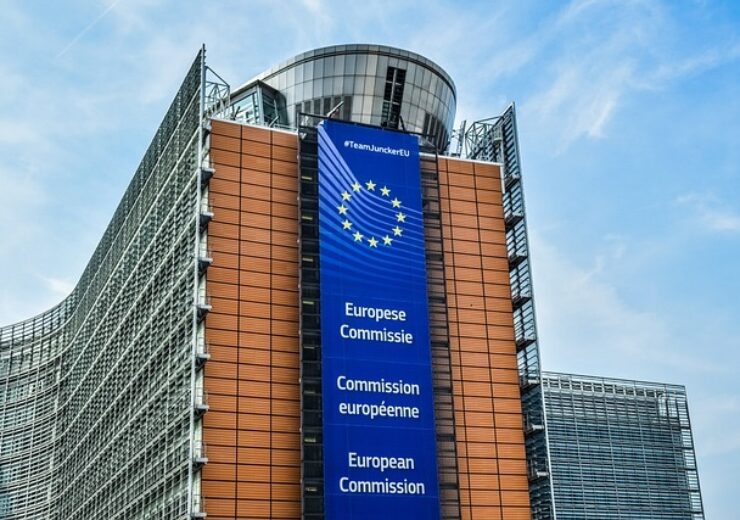Proposed by the European Commission in April 2021, the new rules under the AI Act will be applied directly in a similar way across all the member states of the European Union, based on a future-proof definition of AI

The European Parliament and the Council have reached political agreement on the AI Act. (Credit: Dimitris Vetsikas from Pixabay)
The European Parliament and the Council of the European Union (EU) have reached a political agreement on the Artificial Intelligence Act (AI Act) for regulating the use of AI.
Proposed by the European Commission (EC) in April 2021, the new rules under the AI Act will be applied directly in a similar way across all EU member states, based on a future-proof definition of AI.
The political agreement is now conditional on the receipt of formal approval by the European Parliament and the Council. Its entry into force is set for 20 days after publication in the Official Journal.
Following this, the AI Act will only take effect two years after its entry into force. However, certain provisions will be applicable after six months, and prohibitions will be in effect at that time, while regulations pertaining to General Purpose AI will apply after 12 months.
According to the Commission, a vast majority of AI systems fall into the category of minimal risk. The minimal risk applications including AI-driven recommender systems or spam filters are expected to benefit from a free-pass and absence of obligations.
Companies can still choose to voluntarily adopt extra codes of conduct for these AI systems.
The AI systems, which are identified as high-risk, will be required to adhere to strict requirements.
The regulations will include risk-mitigation systems, detailed documentation, clear user information, high quality of data sets, logging of activity, human oversight, and a high level of robustness, accuracy, and cybersecurity.
Besides, the AI systems that are categorised as unacceptable risk will be banned. Such systems or applications include those that manipulate human behaviour to subvert users’ free will.
The AI Act will impose fines on companies that are not complying with the rules.
Fines will range from €35m or 7% of global annual turnover, whichever is higher, for violations of banned AI applications, €15m or 3% for violations of other obligations. For supplying incorrect information, the fine will be €7.5m or 1.5% of the global annual turnover.
European Commission President Ursula von der Leyen said: “The EU’s AI Act is the first-ever comprehensive legal framework on Artificial Intelligence worldwide. So, this is a historic moment.
“The AI Act transposes European values to a new era. By focusing regulation on identifiable risks, today’s agreement will foster responsible innovation in Europe.
“By guaranteeing the safety and fundamental rights of people and businesses, it will support the development, deployment and take-up of trustworthy AI in the EU. Our AI Act will make a substantial contribution to the development of global rules and principles for human-centric AI.”


